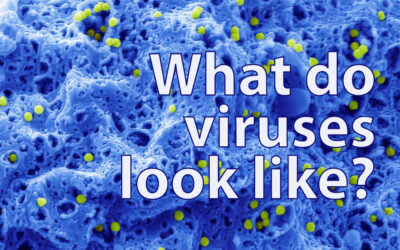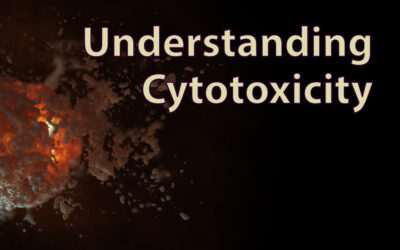Do vaccines spread?
A live attenuated vaccine is effectively still a virus, and as such it shares with viruses the ability to spread. This is an important and often overlooked concept that is covered with much clarity by Bull, Smithson and Nuismer in Trends in Microbiology:
http://www.cell.com/trends/microbiology/fulltext/S0966-842X(17)30212-3
Whether and to what extent a vaccine can spread depends on the virus and its level of attenuation. But is vaccine spreading a good or a bad thing? Anything that can increase immunity at the population level should probably be considered a good thing, after considering any exposure risk for a naïve population and immune-compromised individuals. Could it even be something that we should aim for, to actively extend herd immunity?
There are of course complications. One of these comes from the potential ability of an attenuated virus to evolve into a less attenuated strain in the attempt to re-acquire fitness. What are the consequences of this? And what are the chances? And what about chimeric vaccines and the release of transmittable artificial strains into the ecosystem?
It is highly unlikely that vaccine transmission could have the same negative consequences as transmitting the original virus, and it is more likely to have a positive impact on a population; however, this remains something that should be further studied and kept in mind. Vaccines were born from empirical trial and error, and we still cannot say that we fully understand how they work. It is probably time to learn something more by taking a closer look at these attenuated viruses, as they could help understand the epidemiology of virus transmission and evolution. This, in turn, could inform and direct the design of rationally attenuated viruses, defining the next generation of live vaccines.




